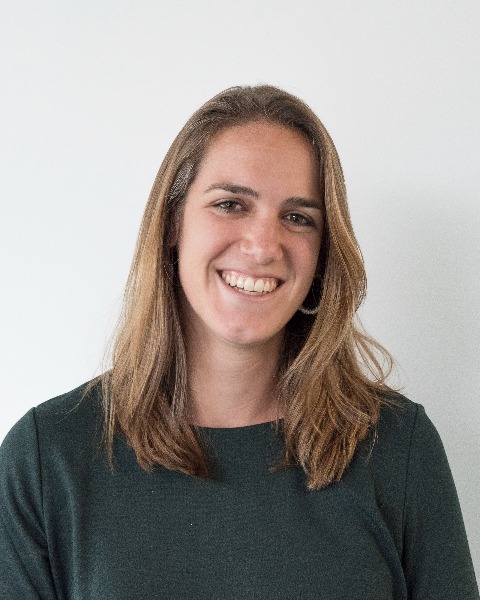Use and Influence of Evaluation
Telling New Stories: Methodologies for Communicating Visionary Change
-
PG
Patrick Greene, ORCAS co-LEAD with experience communicating impact to donors and partners through storytelling
Creative Specialist, Resource Development; Co-LEAD, ORCAS
Oxfam America, United States -

Molly Kellogg, Senior MEAL Advisor
Senior MEAL Advisor, Climate Justice
Oxfam America, United States
Presenter(s)
Disscussant(s)
Location: Room 105
Traditional results frameworks allow us to reflect on lessons from our past. Yet how do we convey promise and hope for impact in the future? Oxfam is piloting a new approach to understand opportunity for positive impact and communicate its potential through story in a new initiative called Measurable Hope, an initiative piloted through a cross-divisional working group called ORCAS (Outcome, Results, Changes and Storytelling). ORCAS comprises representatives from across the organization, including from programmatic, communications, and public engagement teams. These cell members come together to iterate, hone, and harvest stories that emerge from results frameworks. Stories are then used both to inform Oxfam’s strategy and priorities and to communicate with donors and partners.
This roundtable discussion aims to create space to reflect on approaches for using storytelling to convey the potential for visionary change. The roundtable will include a 20 minute presentation of the concept of Measurable Hope currently under development at Oxfam America, guided by the following questions:
- What is hope theory and why is the story of our future important? As recognition grows that evaluation methods should evolve to better capture the complexity of the particular contexts, there is an intersecting need to bring donors along in this evolution to understand how emergent evaluative methods convey the impact – or potential impact – of their philanthropy. How does a hopeful story of our future impact our programming in the present? In humanitarian contexts, organizations are often focused on averting crisis and designing for minimizing harm rather than maximizing potential for visionary change.
- Operationalizing the practice: how do we communicate hope at Oxfam? Analyzing our future and telling a story of hope requires cross-organizational expertise and support. Presenters will share initial lessons learned and ideas from early pilot testing on Oxfam.
Following a 20-minute presentation, presenters will seek feedback, reflection, and reaction from the audience on the concept of Measurable Hope and its operationalization. Specifically, presenters are keen to learn from others with experience in foresight analysis or communicating visionary potential to donors.
Relevance Statement: Traditional methods of evaluation – which rely on separate and distinct points of data – are often ill-equipped to capture the complexity of progress towards changing political, economic or social systems. For instance, how does one measure progress towards just climate action? Or towards dismantling unequal systems of power? Stories can help us describe situations – and progress – in a more nuanced way, shifting the focus from the outcome of a specific intervention towards a more complete reflection on a changing environment. This is particularly important when change cannot be attributed to one specific set of actions, but rather is the result of multiple interconnected factors. Despite the potential of story, organizations are still highly reliant on traditional metrics to measure investments; examples where storytelling has been applied as a specific approach for understanding organizational impact and communicating with donors, partners, and the public are far too rare. This roundtable discussion will contribute to the practice of evaluation, showcasing an experience from Oxfam America of the organization seeking to use storytelling to communicate contributions to impact. The discussion aims to solicit feedback on translating theory to practice, including how to shift expectations of donors and partners to recognize the legitimacy of story as a method of evaluation, how to complement stories with other data to tell a more comprehensive narrative, and how to – operationally – harvest stories from different divisions within an organization. The roundtable will also introduce a new idea for evaluation practice: designing a methodology to tell the story of the future in which opportunities for positive impact are proactively identified. In doing so, Oxfam will present a new pilot initiative called Measuring Hope, in which methods traditionally used for evaluation are applied not as a reflective process, but as a speculative one. Key takeaways from the discussion will be documented in a blog post and shared for the benefit of other practitioners seeking to introduce storytelling as a tool to assess and communicate less tangible impact and progress towards visionary change.
